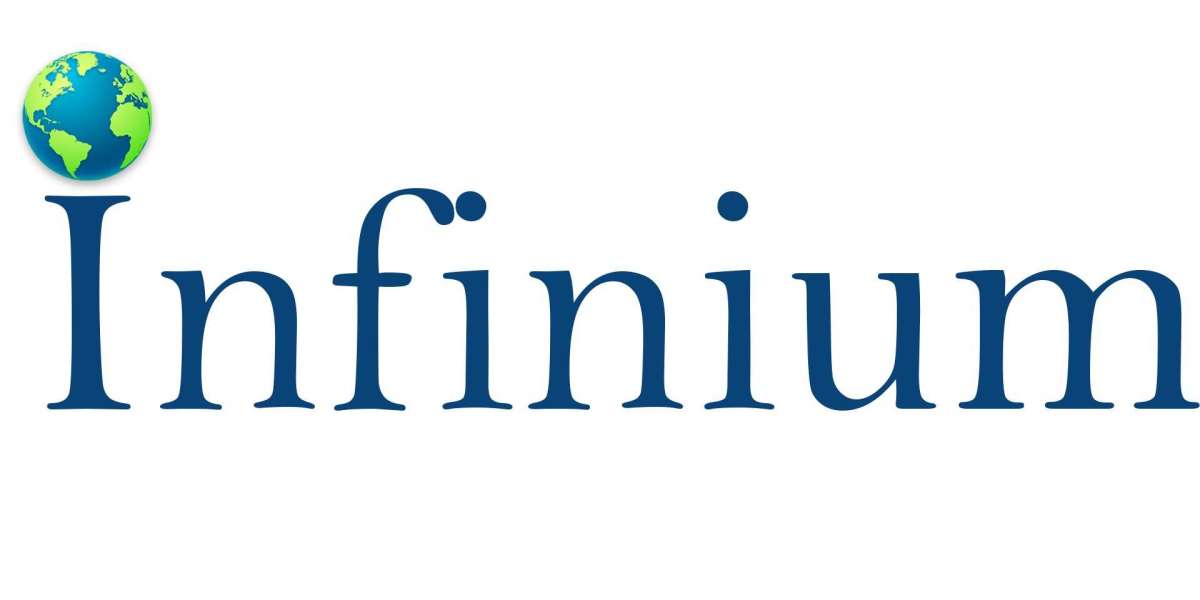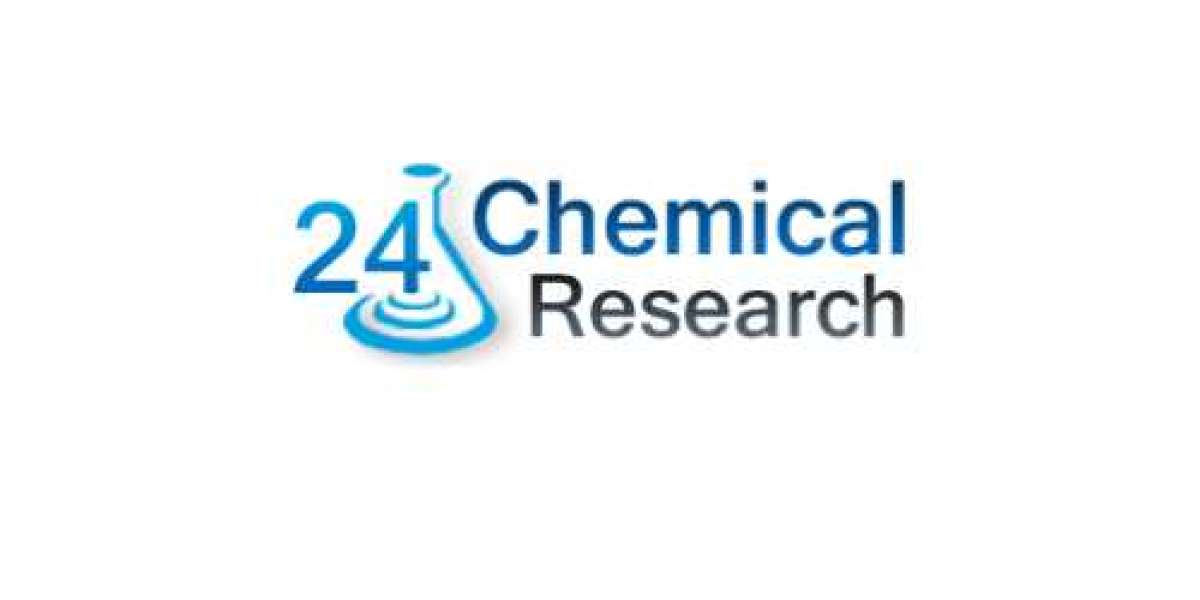The Body Sensor Market is experiencing unprecedented growth, driven by technological advancements, increasing health awareness, and the rising demand for real-time health monitoring solutions. These wearable devices, embedded with sophisticated sensors, are revolutionizing healthcare, fitness, and lifestyle management. This article delves into the dynamics of the body sensor market, highlighting trends, opportunities, and the crucial role of industry leaders like Infinium Global Research LLP.
The global body sensor market was valued at over USD 30 Billion in 2022 and is expected to reach about USD 55 Billion in 2028, with a CAGR of nearly 10% during the forecast period.
Get Sample pages of Report: https://www.infiniumglobalresearch.com/reports/sample-request/1090
Market Overview
Body sensors are wearable devices that can track various physiological parameters such as heart rate, body temperature, blood pressure, and other vital signs. These sensors are increasingly being used in healthcare for continuous monitoring of patients, in sports for performance tracking, and in general wellness applications. The market for these devices is expanding rapidly due to the convergence of multiple factors:
- Technological Advancements: Innovations in sensor technology, miniaturization, and integration with IoT (Internet of Things) have significantly enhanced the functionality and efficiency of body sensors. This has led to the development of more accurate, reliable, and user-friendly devices.
- Growing Health Awareness: The increasing prevalence of chronic diseases and the need for preventive healthcare are driving consumers to adopt wearable health monitors. Body sensors provide real-time data, empowering users to take proactive steps in managing their health.
- Rising Demand for Fitness Tracking: The fitness and sports industry has embraced body sensors to track performance metrics, offering insights that were previously only available to elite athletes. This has fueled demand among fitness enthusiasts and amateur athletes.
- Aging Population: The global aging population is creating a significant market for body sensors, particularly for monitoring age-related health conditions like cardiovascular diseases, diabetes, and respiratory disorders.
Market Segmentation:
The global body sensor market is segmented based on product type, placement, and application. Product categories include blood pressure, respiration, temperature, ECG sensors, and others. In terms of placement, sensors can be wearable or implantable. Finally, the market is divided by application, encompassing defense, healthcare, sports, and human-machine interface sectors.
Opportunities in the Market
- Healthcare Applications: The healthcare sector offers the most significant growth opportunities, particularly in remote patient monitoring and chronic disease management. With the rise of telemedicine, body sensors are becoming an integral part of the digital healthcare ecosystem.
- Integration with AI and Big Data: The integration of body sensors with Artificial Intelligence (AI) and Big Data analytics can enhance predictive healthcare, allowing for early detection of potential health issues and personalized treatment plans.
- Consumer Wearables: The consumer segment is growing rapidly, with increasing adoption of smartwatches, fitness bands, and other wearable devices that incorporate body sensors. The demand for stylish, multifunctional wearables presents an opportunity for innovation.
Infinium Global Research LLP: A Crucial Contributor
Infinium Global Research LLP has played a pivotal role in shaping the body sensor market by providing in-depth market research, analysis, and insights. Their expertise has been instrumental in helping businesses navigate this rapidly evolving landscape. Infinium Global Research's comprehensive reports cover market trends, competitive landscapes, and strategic recommendations, enabling companies to make informed decisions and capitalize on emerging opportunities.
Their research highlights key factors driving market growth, such as technological advancements, regulatory environments, and consumer preferences. By leveraging their insights, businesses can develop strategies to stay ahead in the competitive body sensor market.
Regional Analysis
The global body sensor market is primarily driven by North America, which is expected to maintain its dominance throughout the forecast period. This region's early adoption of advanced technologies and rapid product innovation are key factors contributing to its market leadership. Europe and Asia Pacific follow closely behind, benefiting from diverse patient populations, growing economies, and increased collaborations between domestic and international companies.
Competitive Landscape
Abbott Laboratories, Apple Inc., ASC GmbH, Fitbit, Inc., Garmin, Koninklijke Philips, Texas Instruments, Allegro MicroSystems, STMicroelectronics, and MTS Systems.
Report Overview: https://www.infiniumglobalresearch.com/reports/global-body-sensor-market
Future Outlook:
The body sensor market is expected to witness significant growth in the coming years, driven by advancements in wearable technology, increased adoption in healthcare, and rising consumer interest in fitness and wellness. Integration with AI and IoT will further enhance sensor capabilities, enabling real-time health monitoring and personalized care solutions. Expansion into areas like remote patient monitoring and chronic disease management will create new opportunities.
Conclusion
The body sensor market is poised for substantial growth in the coming years, driven by advancements in technology, increasing health consciousness, and the integration of wearable devices into everyday life. As the market expands, companies that leverage insights from leading research firms like Infinium Global Research LLP will be well-positioned to succeed in this dynamic environment. The future of healthcare and wellness is undoubtedly connected to the continued innovation and adoption of body sensors, making this market one to watch closely.



